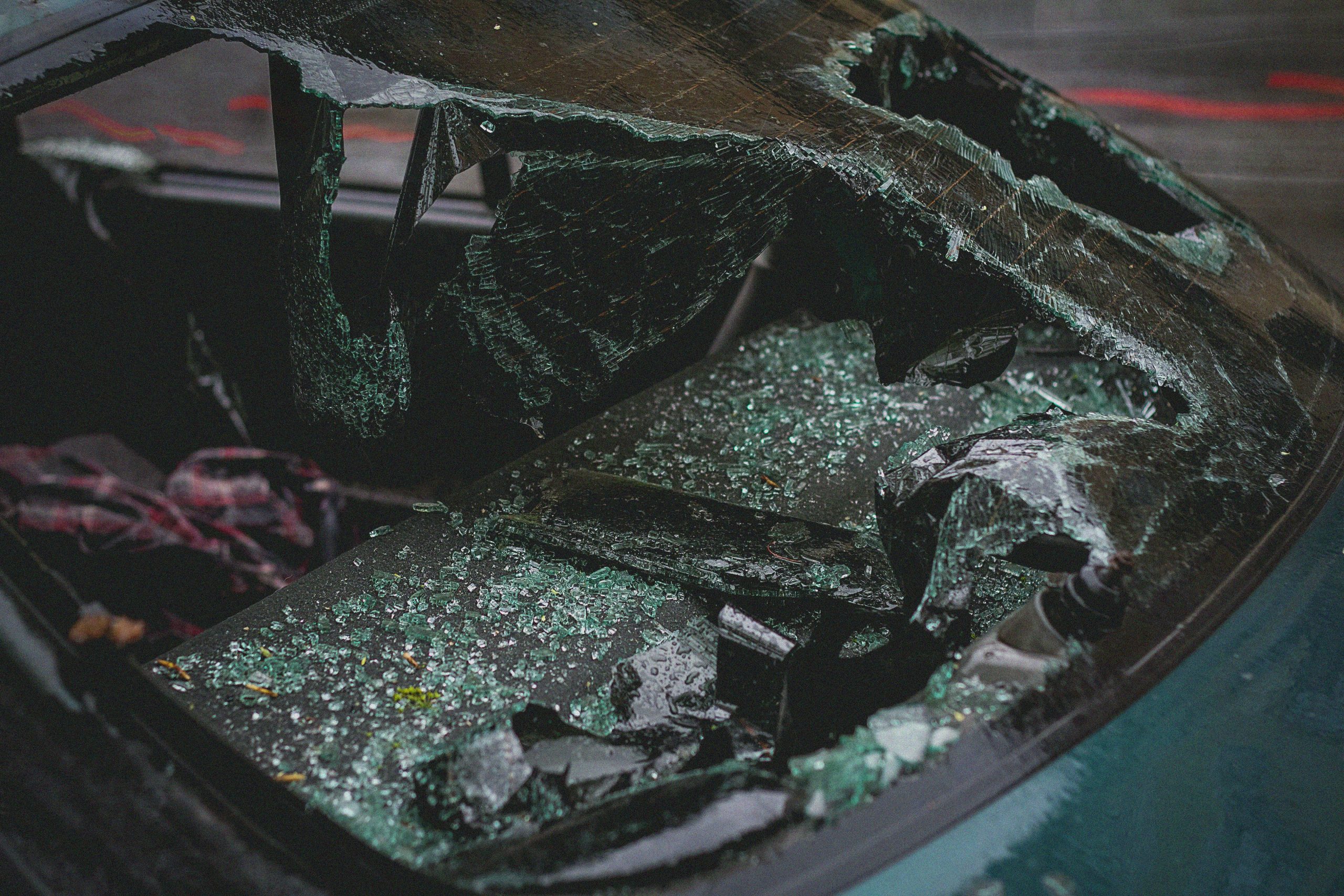Navigating Insurance and Recovery After a No-Fault Car Accident: Expert Insights and Practical Advice
Experiencing a car accident can be a stressful and confusing time, especially when you’re not at fault. If you’ve recently found yourself in this situation, understanding your rights and options is crucial. This guide aims to offer clarity on insurance claims, injury considerations, and vehicle repair decisions following a collision where you are not responsible.
Scenario Overview
Suppose you were waiting at a red light, preparing to make a left turn. As the light turned green, you initiated your maneuver, only to be unexpectedly struck by another driver running a red light. The impact caused significant damage to your vehicle, and authorities confirmed the other driver’s fault through a police report. Your car is now in a mechanic’s shop awaiting damage assessment, and your insurance provider has been notified.
Health Considerations
After the accident, you notice some discomfort in your back and hips. While the pain isn’t severe, it’s persistent enough to warrant attention. Even minor injuries can develop into more serious conditions if left unaddressed. Consulting a healthcare professional is advisable to evaluate and document your injuries. Additionally, if the pain persists or if you experience other symptoms, seeking legal advice on injury compensation might be beneficial, particularly to ensure your medical expenses and damages are fairly covered.
Vehicle Repair Decisions
Your vehicle has accumulated over 300,000 km and has pre-existing mechanical issues. The recent damage resulted in a severely dented front bumper, and there may be underlying structural concerns. Given the vehicle’s age and condition, you might be contemplating whether repairing it is cost-effective or if it’s more practical to accept an insurance payout and consider a replacement. A professional inspection can help determine the extent of structural damage and guide your decision-making process.
Key Questions to Consider
- What is the typical process with insurance companies when you are not at fault in an accident?
- Will your claim adequately cover both vehicle damages and personal injuries, or will you have to actively pursue a higher settlement?
- Is consulting a personal injury lawyer early on advisable, even if your injuries are minor or haven’t been formally diagnosed yet?
- For vehicles with high mileage and existing issues, is investing in repairs financially sensible, or would accepting an insurance payout for replacement be a smarter choice?
Final Thoughts
Handling the aftermath of a car accident involves multiple facets—insurance claims, health considerations, and vehicle valuation. Gathering information, documenting injuries, and consulting professionals can help ensure you make informed



